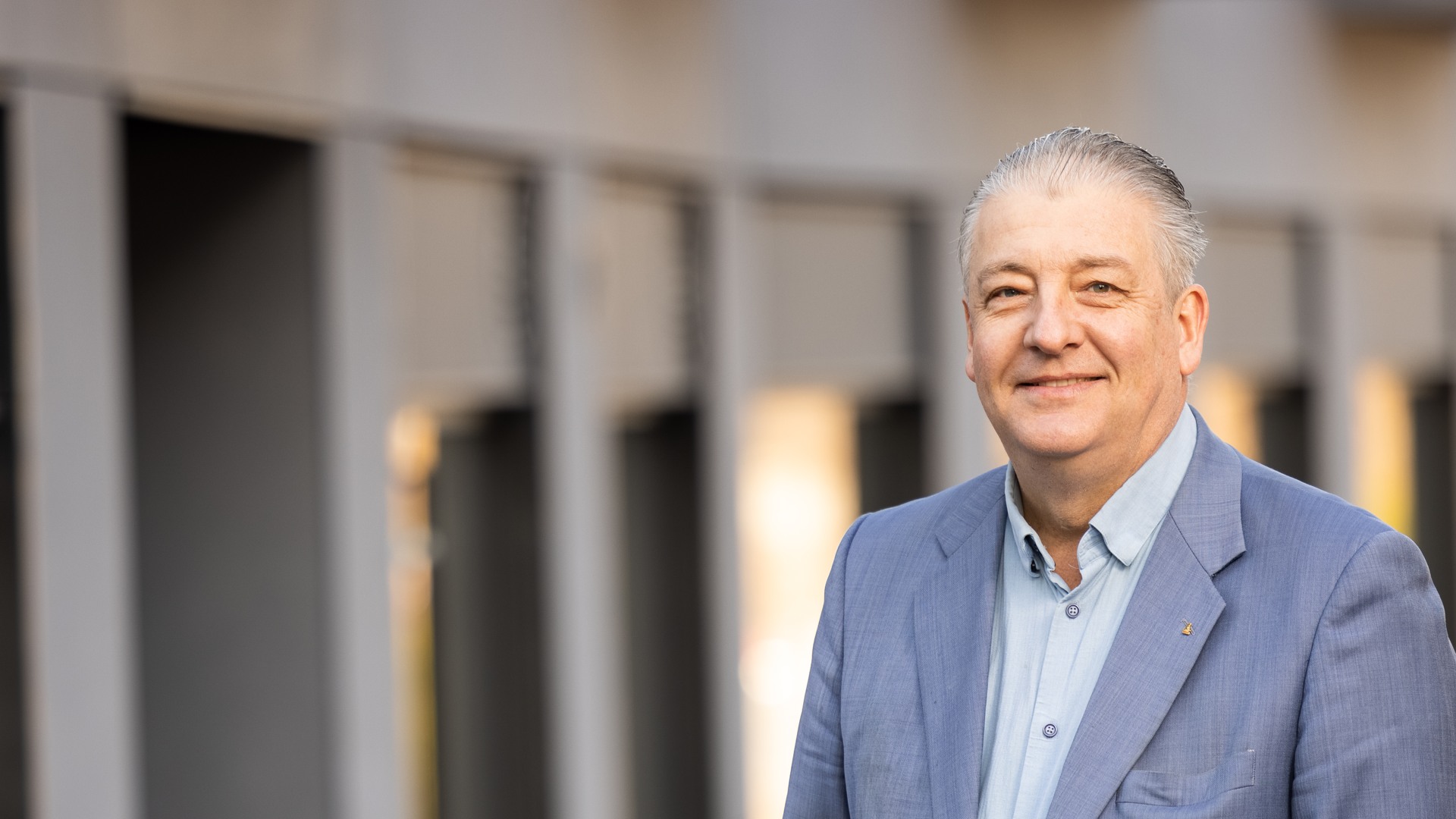
Cooperation across value chain key to circular transformation
Takeaways from COP26 | As many lamented modest progress at the COP26 UN climate conference, Ragn-Sells returned home from Glasgow with renewed hope from a series of cutting-edge sessions on circular economy, featuring businesses and decisionmakers. The tough negotiations and weakened final deal at COP made it clearer than ever that to reduce emissions and slow climate change, the world must replace virgin materials with recycled ones.
03 Dec 2021“Close to half the world’s carbon dioxide emissions stem from economies consistently extracting new raw materials for everything they produce. This is also true for 90 percent of the loss of biodiversity and 90 percent of the threat to access to clean water. If we are serious about tackling these issues, we must use the raw materials we have already extracted instead. That’s achieved by focusing on circularity, cooperation, and innovation”, said Lars Lindén, CEO at environmental company Ragn-Sells.
After tough negotiations at COP26, the final document was weakened compared to previous drafts. Still, this was the first time a COP final declaration mentioned carbon fuels and emission subsidies at all. Additionally, the EU, the USA and several partner organisations presented a commitment to cut emissions of the potent greenhouse gas methane by 30 percent by 2030, thereby limiting global warming by at least 0.2 degrees by 2050, according to calculations. More than 100 countries, representing 70 percent of the world economy, have joined the pledge. This is welcome, but the pace needs to increase further to the next climate summit in November 2022.
“It is only by shifting to a circular economy that we stand a chance in the struggle against climate change. Each country must show how it means to speed up the transformation to a circular economy, and this needs to happen very soon”, said Lars Lindén.
Ragn-Sells acts for obligatory declarations of each country’s measures for increased circularity to be included in the action plans that all participating states are obliged to turn in (so called nationally determined contributions, NDCs).
To inspire decision-makers from around the world to make it easier and more profitable for companies to use recycled materials, Ragn-Sells hosted and spoke at a total of 15 roundtable sessions in five different venues across Glasgow. Circular material flows and border-crossing cooperation throughout the entire value chain was a recurring theme.
Within the field of circular cleanup, Ragn-Sells partnership with Tarkett, a global leader in floor manufacturing, stands out as a clear example of how collaborations throughout value chains can yield dramatic emission reduction. Ragn-Sells’ technology enables the production of floor fillings from entirely different raw materials than today’s lime, extracted from quarries or mines: ashes from Estonian energy recovery as well as captured carbon dioxide. This process absorbs more carbon dioxide than it emits. EU Commissioner for Energy Kadri Simson, Estonian prime minister Kaja Kallas and the country’s recent president Kersti Kaljulaid participated in the discussion.
The importance of cross-border collaborations was also emphasized when CEO Jan Svärd and marketing manager Anna Lundbom, of EasyMining, an innovation-focused subsidiary of Ragn-Sells, showcased three circular solutions. Ash2Phos, a patented technology from EasyMining, enabling the extraction of phosphorus from sewage sludge, was illustrated through co-operations with Kemira in Helsingborg, the largest sewage firm in Denmark, and Danish municipality Hjørring. A partnership with German company Gelsenwasser, which is establishing several recycling plants in Germany using Ash2Phos technology, was also presented.
”Nobody can go circular by themselves. To transform into a circular society, we need more collaborations throughout the value chain, across old borders between industry sectors and states. Therefore, meetings such as those in Glasgow, where companies, decision makers, scientists and civil society meet, are crucial”, said Lars Lindén.
Ragn-Sells was among 18 Swedish firms, including ABB, Alfa Laval, Ericsson, SSAB and Volvo, invited by Business Sweden to discuss innovative solutions to address the climate challenge and drive the transformation to a circular economy.